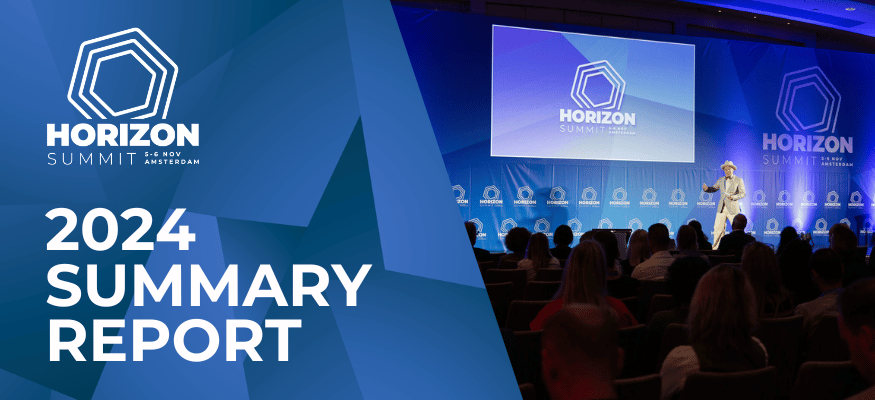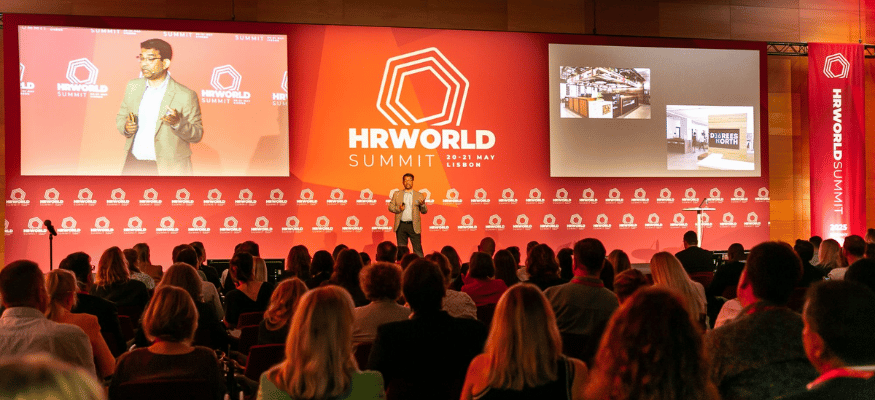Network advantage isn’t optional—it’s the leadership edge that drives innovation, resilience, and meaningful professional growth.
When Herminia Ibarra, Professor of Organizational Behavior at London Business School, began studying what separates successful leaders from their peers, she found one common thread: the ability to build, nurture, and activate a strong professional network. In her influential work, “Act Like a Leader, Think Like a Leader,” Ibarra demonstrates that the most effective leaders don’t just deliver results—they foster strategic relationships that introduce new ideas, challenge their thinking, and unlock opportunities they couldn’t access alone.
In today’s business environment, this insight is more relevant than ever. As industries face technological disruptions, workforce changes, and global uncertainty, no leader can rely solely on internal teams or past experiences. Leadership today involves navigating ecosystems as much as possessing expertise. The value of your network is no longer just a soft skill—it’s a strategic necessity.
However, networking remains one of the most misunderstood areas of professional growth. Too often, it’s seen as a transactional activity—exchanging business cards, sending LinkedIn requests, or attending events with little follow-up. True networking, as Ibarra and others have shown, is about building bridges across silos, industries, and ways of thinking. It’s about proximity to difference—connecting with people who challenge your assumptions and inspire new possibilities.
At impactful gatherings like the Horizon Summit 2025, this philosophy comes to life. While many attend for the content, real value often lies in hallway conversations, introductions between sessions, and quiet moments over coffee where shared challenges turn into shared insights. Examining the current list of 2025 participants reveals more than titles and logos—it tells a story of the most urgent questions in business today and who’s asking them.
From the Chief People Officer of Arcadis to the EVP of HR at KPN, from cultural transformation leaders at Heineken and Ferrero to DEI pioneers from AkzoNobel and Hexaware, this year’s confirmed attendees span every industry and organization size. What they have in common isn’t their role—it’s curiosity. They want to learn from one another, test new approaches, and build relationships that last beyond the event.
Research from INSEAD and MIT supports this shift. Studies emphasize the power of “open networks”—those where people connect across fields, locations, and disciplines. Leaders in these networks are not only more innovative but also more resilient. They identify patterns earlier, adapt quickly, and rally support more effectively when change occurs.
Networking also plays a key role in shaping leadership identity. Herminia Ibarra explains that professional reinvention often begins at the edges of current relationships—where new roles and viewpoints can be explored without the constraints of existing expectations. External peers, mentors, and collaborators help leaders evolve.
In this way, events like Horizon Summit aren’t just learning platforms; they are settings for leadership transformation. They provide a carefully curated but dynamic environment where CHROs and HR innovators can test ideas, forge alliances, and co-create solutions. The attendee list isn’t just a directory—it’s a map of potential.
But strategic networking doesn’t happen by chance. It requires purpose and follow-through. The most successful participants enter with clear goals: Who do I want to meet? What questions am I exploring? What can I contribute? They plan meetings in advance, follow up after panels, and remain involved long after the event.
For those who appreciate the value of this approach, the Horizon Summit offers an optional opportunity to access the attendee list—a resource designed to help you connect with the right people beforehand. Whether you’re seeking partnerships, benchmarking practices, or simply expanding your influence, this list is a starting point, not a conclusion.
Ultimately, the future of work belongs to those who develop the right networks today, not for status or visibility, but for insight, collaboration, and growth. In a world of growing complexity, we don’t need more information—we need better conversations.
And those conversations start when we step outside our usual circles and commit to meaningful, strategic connections.
See who is attending the Horizon Summit 2025 by downloading the current list of attendees.








